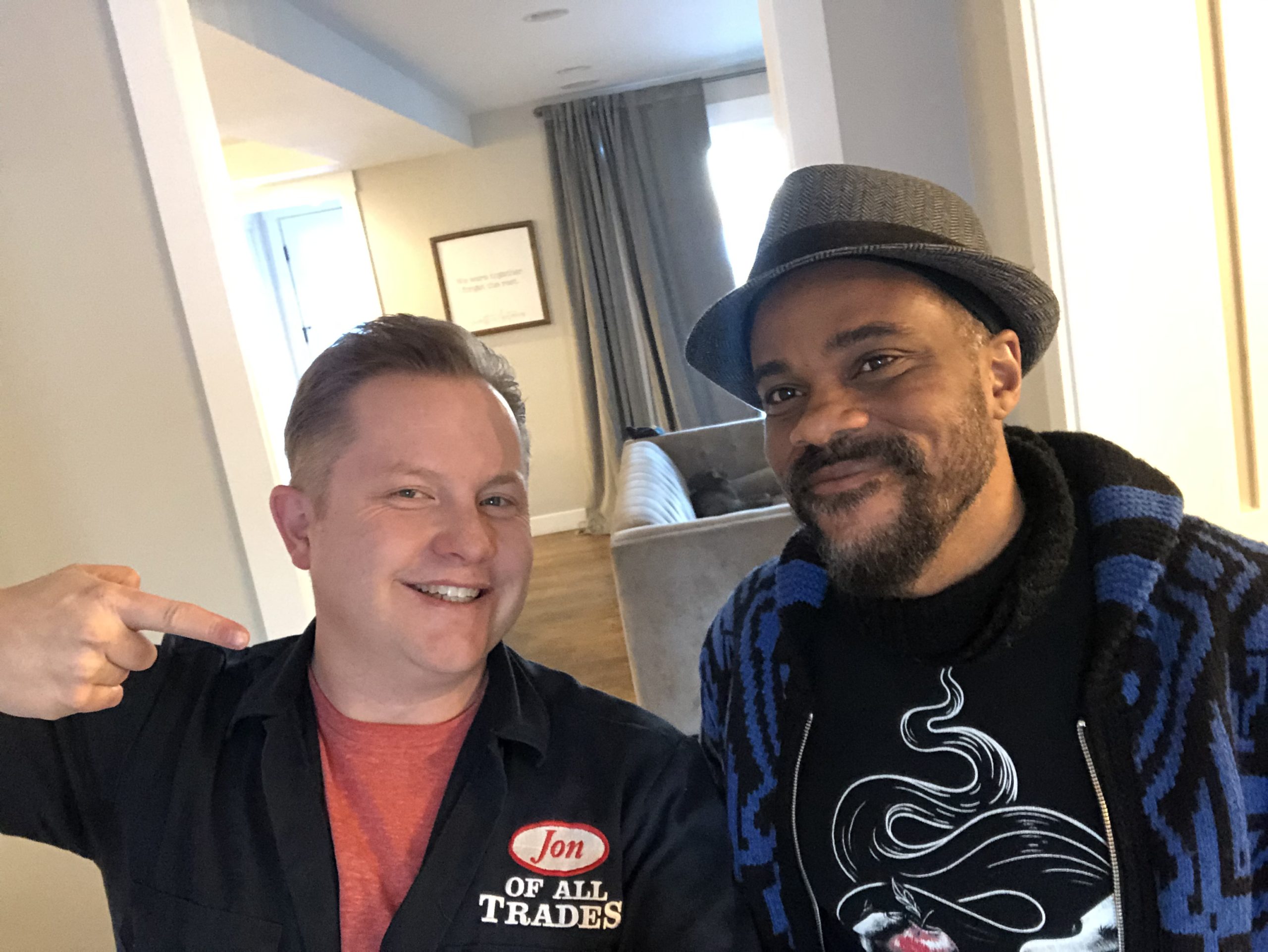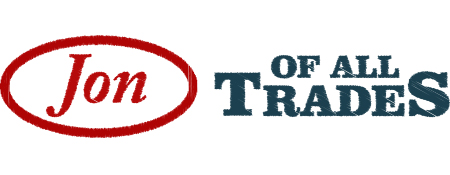
As protests about the murder of George Floyd emerged and grew across the country, around the world, and in my hometown of Denver, Colorado, I hoped to use this platform, this privilege, and this communications channel to do my part in working to end white supremacy, amplify the message the Black Lives Matter, and in helping to create a more equitable, peaceful, and prosperous world for us all.
In service of those goals, I knew the last thing the world needed was, no matter how well-intentioned, yet another white guy navel-gazing solipsistically about something he knows very little about from a practical perspective. So, I reached out to two former guests who have engaged with these topics either directly, or through their art. Thinking about something like #blackouttuesday, and it’s vital that we listen to black voices, amplify them where possible, and then take action. I’m thrilled and honored that R. Alan Brooks accepted my invitation and joined me for a conversation.
You likely remember Alan from his appearances on my show in July of 2017 (Episode 140) and in February of this year (Episode 241). We start from the basic premise that white people have expressed a desire to listen to black people and are seeking ways to contribute positively to our culture. In terms of protest, Alan shared with me a list of 14 things put out by Mutiny Information Cafe, which we discuss in the episode. They can be found right here:
- Donate to a bail fund
- Donate medical supplies
- Feed people: buy food and water or make food and donate
- Volunteer to supply food and water at non-hot zone areas
- Continue to educate the people around you – this is also emotional labor
- Pick-up people from the hot-zone if they need it
- Offer to watch little kids if their parents are organizers and need to be on the frontline
- Donate directly to frontline people and organizations
- Write articles and blog posts
- Organize on your jobs and in your community for fair and equitable practices
- VOTE and Petition against police brutality and for police reform.
- Contact authorities that will make a difference.
- Talk to the mayor.
- Talk to the governor.
Further, here’s an article that’s helpful entitled 75 Things White People Can Do for Racial Justice that Alan pointed me to.
This conversation is just a starting point. It’s not the end-all, be-all of solving racial injustice or police brutality, but for those looking for a place to start, it’s my modest offering from my small corner of the cultural landscape. We talk about challenging subjects such as the role of art in subverting cultural hegemony, white fragility, the importance of having difficult conversations and challenging your own worldview, and a lot more.
Alan and I have grown to respect and admire each other since meeting three years ago, and I always walk away from conversations with him energized and filled with insights and perspectives I didn’t have before.
Please check out his column “What’d I Miss?” in the Colorado Sun. And, as a special bonus, here’s a comic Alan created called “Juneteenth: The Reason Why We Sing” as part of Pop Culture Classroom.
Listen to black people. Start the work of creating a better society in your own home. Black Lives Matter.
Podcast: Play in new window | Download
Subscribe: RSS
